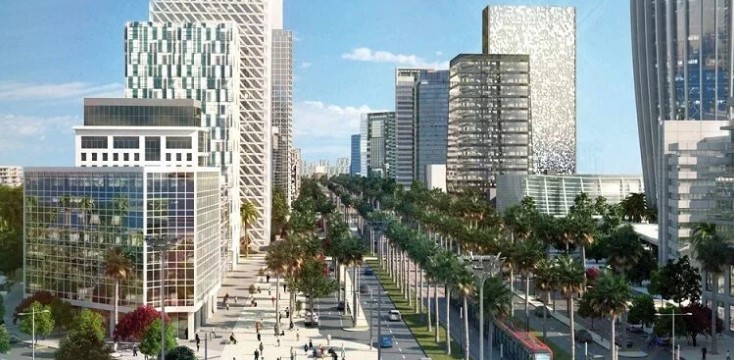Morocco is steadily cementing its position as a key financial and commercial hub in Africa, thanks to a decade of ambitious reforms and strategic modernization. This trajectory was recently highlighted in an in-depth analysis published on the official blog of the World Bank, which credits the country with making significant structural progress in transforming its financial markets into a more dynamic and resilient ecosystem.
The report, authored by financial sector experts Samia Mouline and Sébastien Boitreaud, outlines how Morocco’s comprehensive financial reforms have helped broaden investment channels and diversify funding sources—not only for large infrastructure projects but also for private enterprise. These efforts, according to the World Bank, present Morocco with a powerful opportunity to attract foreign capital, expand its tourism sector, and generate sustainable employment.
One of the most impactful developments noted in the analysis is Morocco’s alignment with global sustainability trends through initiatives such as the Sustainable Financing Mechanism under the JCAP SFF program. These tools are helping shift the Moroccan financial system toward greater inclusivity and responsiveness to the country’s long-term development needs.
The Casablanca Stock Exchange has been a central player in this evolution. It’s currently undergoing a deep structural transformation, including the creation of a centralized clearinghouse and the upcoming launch of a derivatives market—steps aimed at improving market efficiency and risk management. Meanwhile, Morocco has introduced a range of new financial instruments to diversify its capital market. These include Islamic finance products like sukuks, green bonds, real estate investment trusts, project bonds, and covered bonds—each designed to address specific financing gaps, from local infrastructure to affordable housing.
Alternative financing mechanisms are also gaining traction. Crowdfunding, for instance, is emerging as a viable option for small businesses, while synthetic securitization is giving banks and other financial institutions new tools for risk management.
However, the adoption of these innovations has been uneven. While venture capital has gained momentum, other instruments—like debt funds or project bonds—have struggled to take root. According to the World Bank experts, several challenges must be addressed before the full potential of Morocco’s financial market can be realized. These include the need for a stronger pipeline of investment-ready projects, improved governance, more robust investment preparation programs, the expansion of the domestic investor base, and the creation of a local credit rating agency.
To meet these challenges head-on, Morocco is already working on an integrated financial market development strategy. The aim is to channel capital more effectively toward high-impact, capital-intensive ventures and productive businesses. The strategy also seeks to build on the progress already made while enhancing coordination among stakeholders across the financial ecosystem.
Ultimately, Morocco’s goal is clear: to turn finance into a true engine of private sector growth, sustainable investment, and long-term job creation. By strengthening its market infrastructure, refining its regulatory frameworks, and sustaining the momentum of reform, the country is laying the groundwork for a more inclusive and competitive economic future.
